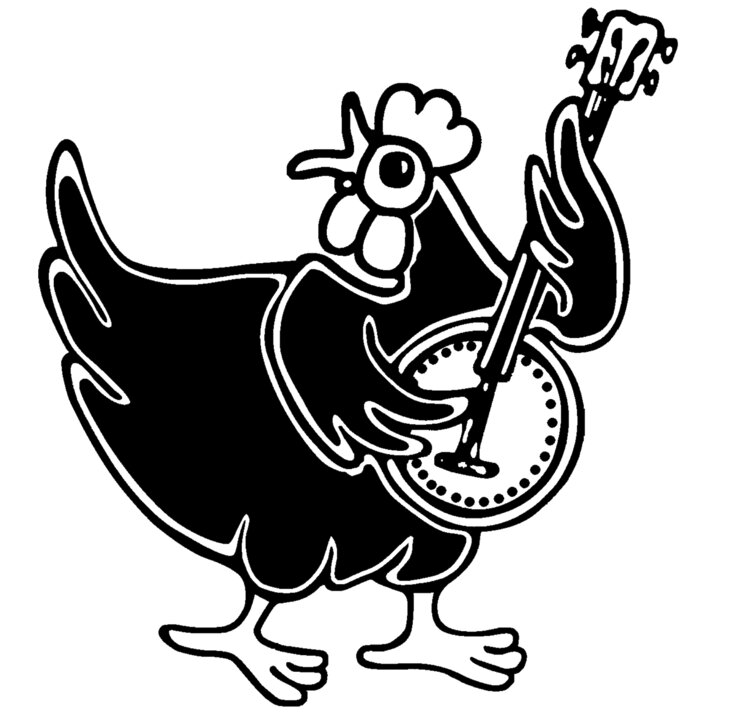It has been said that all Canadian writing inevitably reflects the almost impenetrable vastness of the land and the great distances that separate us. If ‘The Road We Once Knew’ by the Eisenhauers, the husband and wife duo of Jeremy Eisenhauer and Sheree Plett Eisenhauer, is any indication, you’d be hard pressed not to come to the same conclusion about Canadian music. Simple, spare and heartbreaking in its directness, the concepts of distance, time and the wavering arcs of separation and reunion have rarely been as compellingly explored as they are in this powerful debut album.
‘The Road We Once Knew’ is, at heart, a meditation on change that explores the dynamics of escaping from the city and moving to the country. In the Eisenhauers’ case, the move involved swapping life in metropolitan Vancouver for the relative seclusion of Kaslo, an old lumber town tucked deep in Eastern British Columbia’s Purcell Wilderness Conservatory. The decision to pull up stakes was motivated by the need to find a place with enough peace and quiet to care for Sheree’s mother, who was suffering from a terminal illness. When she passed away not long after they arrived in Kaslo, they suddenly felt cut off and quite alone, with only the ‘trees, lakes, and world around them as friends.’ When Sheree plaintively cries ‘there’s a wilderness inside of me’, on the album’s final cut, it is obvious that she knows of what she sings. Isolation brought unexpected rewards, however, as their seclusion allowed the pair to go inward and reflect, before eventually surfacing and writing music together. This was something that they had been unable to do while they lived in the city with all of its competition and distractions. After twelve years of living and making music together and recording eight solo albums between them as ‘Eisenhauer’ and ‘Sheree Plett’, ‘The Road We Once Knew’ is their first release under their shared family name.
Realizing the significance of their decision to work together, Jeremy and Sheree wanted to ensure that their new songs got the treatment they deserved, so they bit the bullet, fundraised a handful of cash, and flew to Nashville to meet Steve Dawson and record at his legendary Henhouse Studio. The attractions of travelling to the country music capital to work with one of North America’s most renowned roots music craftsmen were obvious, but more than that, the journey offered the Eisenhauers the opportunity to focus on their music and songwriting fully, ‘without the beautiful and messy chaos’ of their busy lives to distract them. With kids and a pile of projects awaiting them upon their return to Kaslo, they made the best of their time in Nashville and got down to work right away to record 15 songs in 5 days, with 14 of them making it onto the album.
Nothing could have suited the Eisenhauers better than to record ‘live off the floor’ at Dawson’s studio. Once they’d hunkered down at Black Hen, the pair situated themselves around a couple of large diaphragm condenser microphones and began to play without any further ado. They had no set goals other than to capture the mood and essence of their sound in as pure and unaffected a way as possible. The result is a true and authentic recording that shines a light on all of the duo’s strengths, without denying or trying to make up for any of their technical limitations in the process. To explain this approach, Jeremy offered, ‘our music is more about conveying a feeling than about technical perfection. We are steeped in the tradition of using music to tell stories. Like Emmylou Harris says, ‘style is a product of your limitations.’
After working through their songs as a duo, the Eisenhauers felt that there was room in the arrangements for some adornment, so they asked Steve Dawson to contribute. He added his signature picking to a few tracks by playing live alongside Jeremy and Sheree, making sure to maintain the cohesive breathing room that makes each of the songs so powerful. In Jeremy’s words, Steve’s contributions were ‘the icing on the cake.’ The only other musician to sit in on the sessions was Matt Coombs, the Grand Ol’ Opry veteran fiddler, whose evocative playing graces three tracks.
Aside from the gorgeous vocals and string work, ‘The Road We Once Knew’ is an album with great songs. Not surprisingly, many of them reflect on movement and how our understanding of life changes with age and experience. ‘Don’t Lose Me’ is an especially poignant song about the fragility and delicate balance that weaves the things we cherish together, while ‘Moving to the high country’ illuminates the transition from the reckless abandon of youth to the slowly unfolding rewards of peace and family life. Reminiscent of a great undiscovered Dock Boggs tune with its lonely yearning banjo, it is one of the album’s many highlights.
With its songs of loss, faith and the gratitude of renewal, ‘The Road We Once Knew’ is the perfect soundtrack for real people trying to live authentic lives. Beautifully played, sung and executed, it is a testament to the healing power of music and the value of wisdom gained from experience. The ‘Road We Once Knew’ is true soul music. Every word and note on it rings true.
